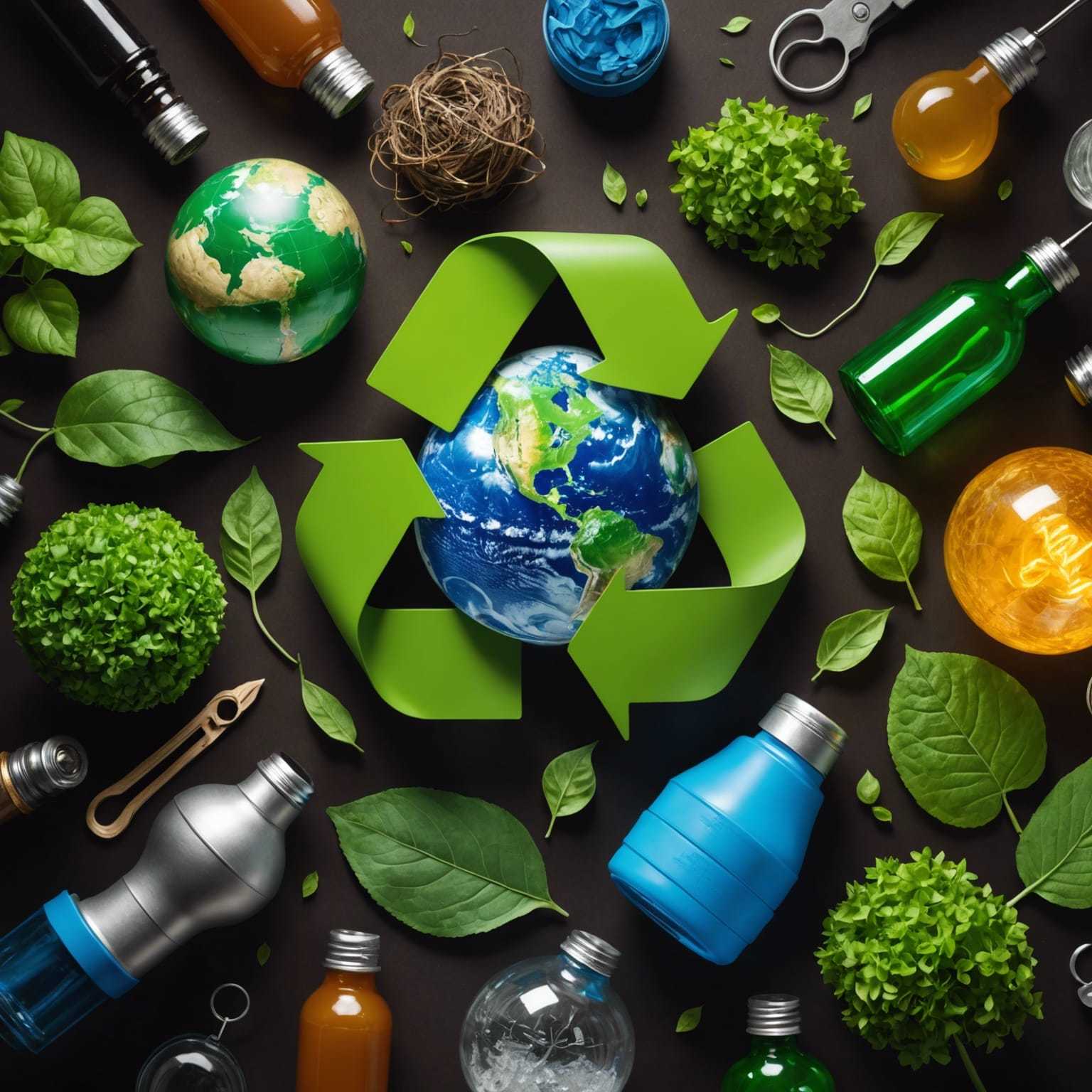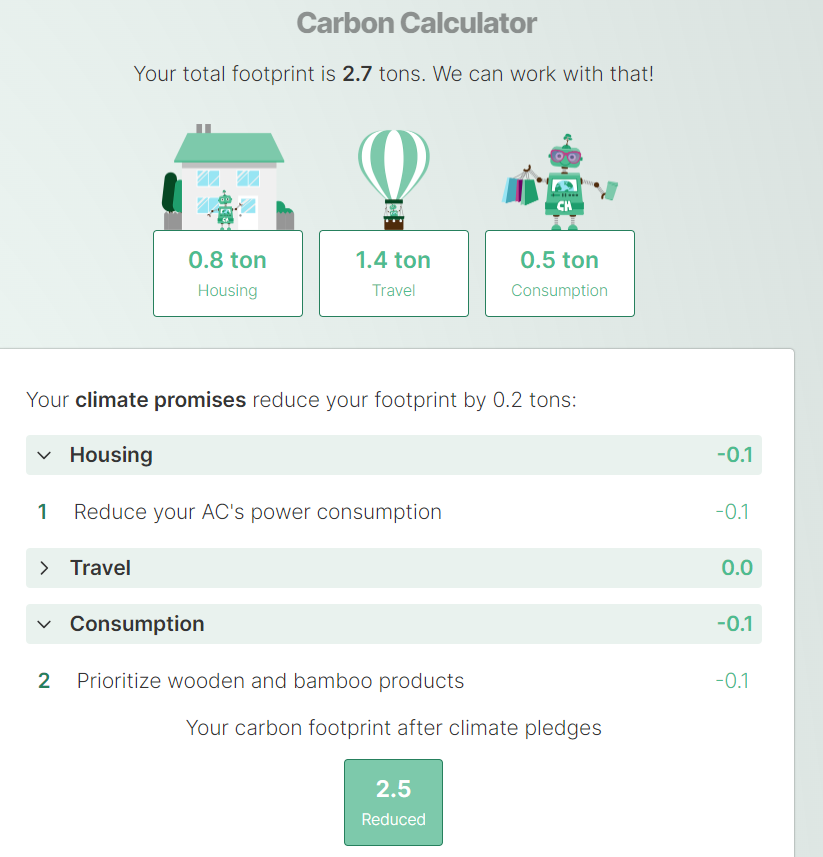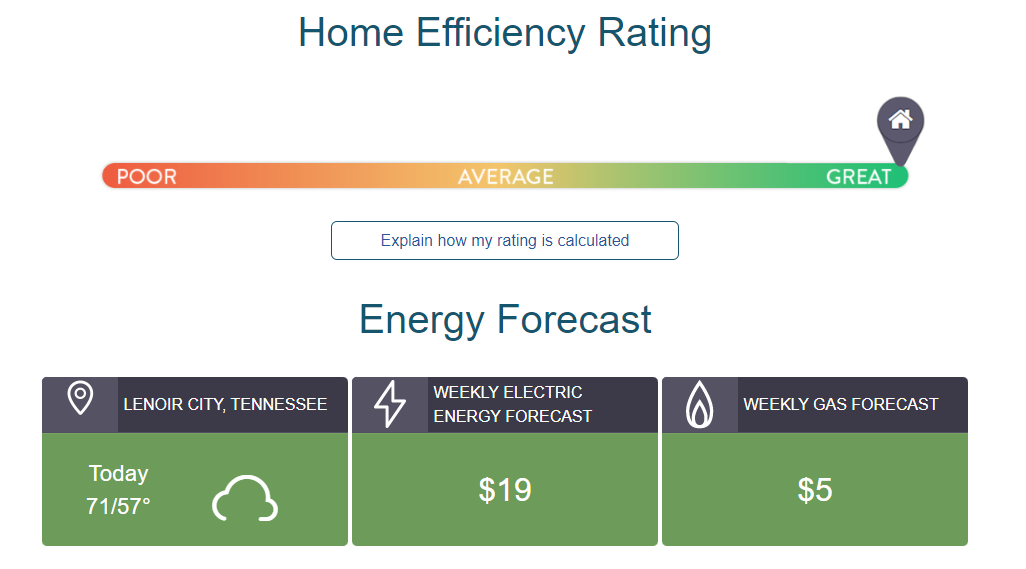
https://creator.nightcafe.studio/creation/5sNzIZdZOhw62SJ20G6h?ru=asil
Modal Description
Watch the short video below to learn the basics.
You'll be an Earth Month Ecochallenge 2024: Conservation expert in no time!
"To inspire and mobilize communities for a brighter future, committing to cleaning up our planet and fiercely protecting its diverse inhabitants. Championing the health of our environment and every creature through sustainable living. "
Regenerative agriculture focuses on farming and ranching in a way that supports life and restores the soil. I will spend 60 minutes learning about regenerative agriculture and find out if any nearby farms practice regenerative agriculture.
Each day, I will learn about responsible ways to dispose of items and de-clutter, clean, donate, repurpose or recycle unneeded items in my home to make sure that what I get rid of doesn't go into the landfill.
Carbon is emitted into the atmosphere in a variety of ways, including through the foods we eat and food we waste. I will learn about low carbon foods and replace higher carbon foods with them in my diet.
Learning in a social setting can inspire connection and change. I will work with a friend or colleague to plan and host a lunch and learn at work, school, in my neighborhood or other location to learn more about an environmental topic important to me. After the lunch and learn, I will share more about it on the feed.
Carbon emissions can show up in many surprising ways in our life. I will calculate the carbon emissions associated with my household and consider how lifestyle changes could reduce the carbon footprint and impacts on the environment.
Carbon emissions from air travel is harmful to planetary and human health. Instead of traveling by plane, I will find an alternative way to accomplish the goals of an upcoming trip (i.e. telepresence, vacation locally).
Renewable energy options are becoming more widespread and accessible. Not only are they good for the planet, they can help save money as well. I will sign up for my utility company's clean/renewable energy option. If my utility does not offer one, I will contact them to advocate for this option in the future.
Energy use and waste is often invisible. I will complete an online energy audit of my home, office, or dorm room and identify my next steps for saving energy.
Using my voice can help create a more sustainable and just world. I will contact 1 local, regional, or national decision makers to advocate for public policy that protects forests and improves their ability to sequester carbon and nourish biodiversity.
When we explore natural spaces around us, our connections with them change. I will spend 30 minutes exploring a new area around my neighborhood, office, or campus (e.g., park, water body, nearby trail, community garden, green space, etc.).
Trees capture carbon and produce oxygen that is essential to life on earth. I will support this important piece of nature by organizing or joining a community group to plant 1 native trees in my community, public parks, office location, campus or backyard.
Why buy something I will only use once or a few times if someone nearby has it for me to borrow, and why not share something I have that someone may only need a few times a year? To reduce my consumption and waste, I will create or support the sharing economy with friends, family, colleagues or neighbors.
Studies have shown that when we spend consistent time in nature, our health improves, our creativity increases, and our connection to the planet gets stronger. Each day of the Ecochallenge, I will spend 30 minutes outside (in a large or small patch of nature), then share my observations, reflections, and learnings on the feed.
The impacts of our waste are far reaching. I will create zero waste for an entire day and share my reflections and learnings on the feed.
Bees are vital to ecosystems. To help save the bees, I will learn which local flowers provide nectar and plant them in my backyard or in a pot on my balcony.
The waste we create daily can go unnoticed. I will track the waste I create in a day and post a photo log on the feed to see how much I create and where I can make different choices to reduce my waste going forward.
I will organize or participate in a trash pickup at a local river, beach, or natural body of water.
Each of us has a water footprint, directly linked to our daily activities as well as the water required in the production of things we use each day. Understanding our water use is important for a healthy planet. I will calculate my water footprint and look for a few ways I can reduce consumption or waste, then share what I learned on the feed.
A healthy world needs both our daily actions and support from larger systems. I will spend 30 minutes learning about how I can use my investments and savings to advance environmental sustainability.
Grass lawns are water-intensive and on average require about 30 percent of a household’s water consumption. Native plants are water-efficient and help maintain the balance and diversity of local ecosystems. I will plant native species with water-efficient plants to conserve water and improve the habitat, then post a photo on the feed to share.
Beauty and personal products can create a lot of waste. I will spend 30 minutes learning about the beauty and body products I use to see if they are refillable or recyclable. If not, I will reach out to the manufacturer to advocate for those options.
Trees provide food and habitat for local wildlife species, shade our streets and homes, and help keep our air and water clean by capturing pollutants. Buying products that help protect forests makes a difference. I will only purchase wood, furniture, and paper products from ecologically certified sources such as Forest Stewardship Council.
Understanding cleaning product ingredients and their effect on water and biodiversity is helpful to our consumer choices. I will spend 30 minutes learning about how cleaning products affect our water and try making my own cleaning products to reduce pollutants.
I commit to nurturing my indoor garden for at least 15 minutes daily, dedicating this time to both plant care and exploring eco-friendly methods to enhance indoor air quality. This practice will not only purify the air in my home but also contribute to lowering my carbon footprint.
At times it may not feel like it's up to us to keep our community clean and healthy, but we all have a role to play. Each day I am outside, I will pick up any litter I see.





